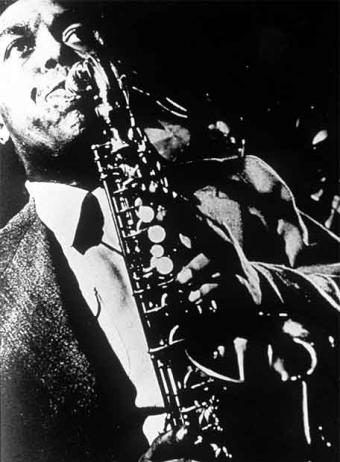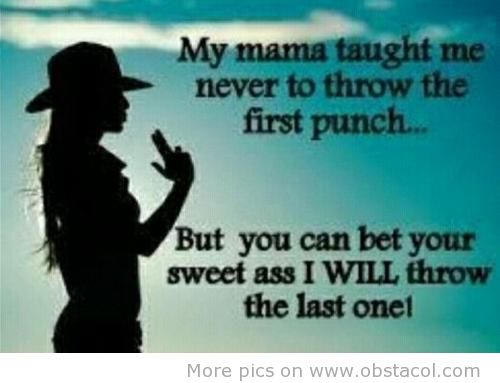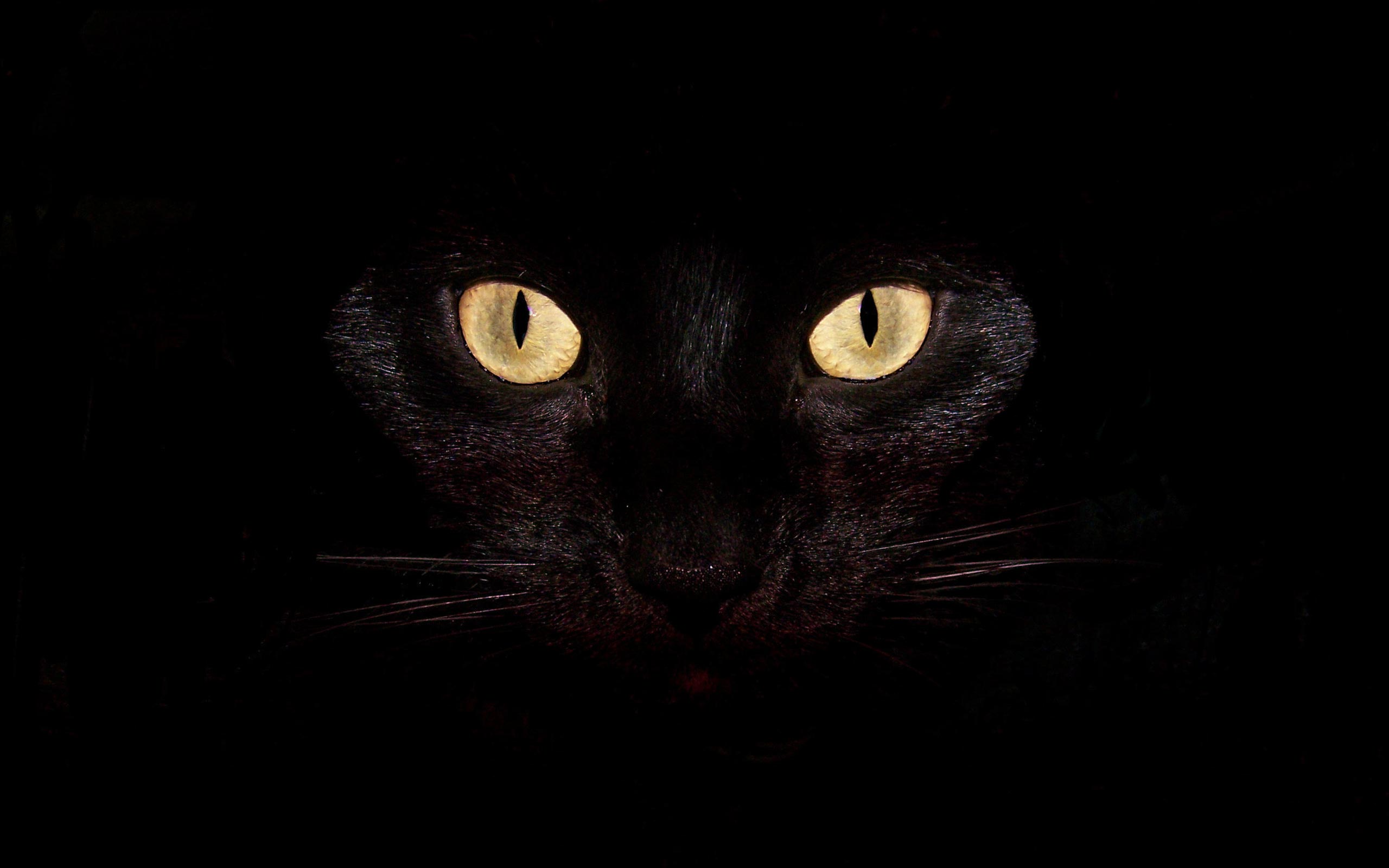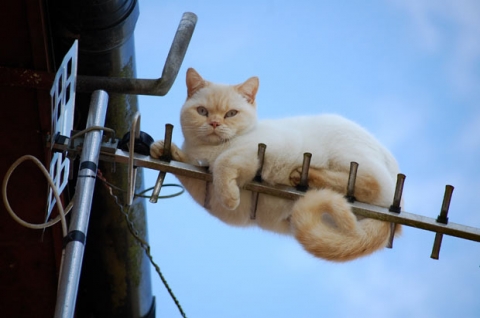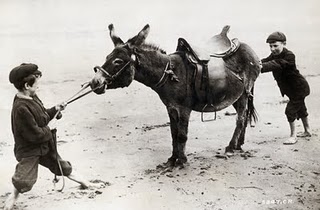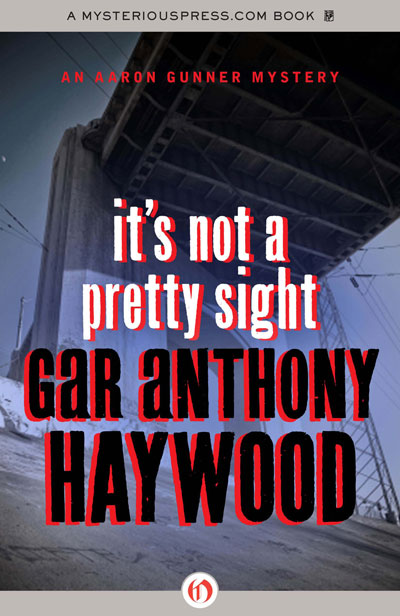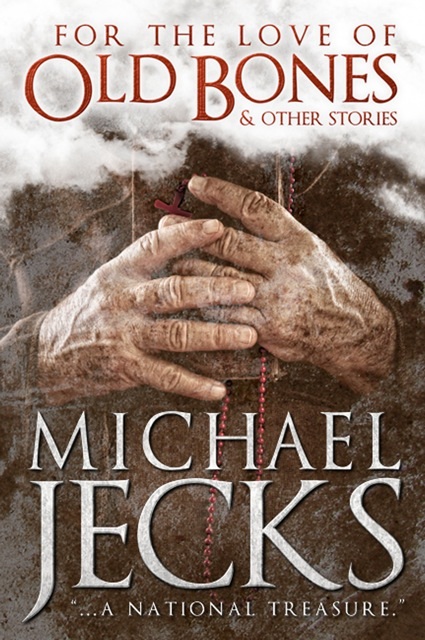I am writing my first series ever right now, with the exception of my part in The Keepers series, which is not a traditional mystery series but rather a series collaboration between three authors, Heather Graham, Harley Jane Kozak and me: related books set in the same paranormal/urban fantasy world with the same core characters. That is totally AMAZING fun, btw – sort of like repertory theater, only with authors as director/writers. Love it!
But I wrote my new crime thriller Huntress Moon with the absolute intention of making it a mystery/thriller series, and while I do have plans to do sequels to two of my other books (Book of Shadows and The Space Between, which MUST be a trilogy!), I didn’t write those two thinking of them as series, they just turned out that way in the writing process.
Writing a series deliberately from the get-go – that’s a whole different thing.
The thing is, I don’t read many series. The ones I do, I’m obsessed with, but have never been one of those who have to read in order. I really expect a book to work completely as a standalone, whether it’s in a series or not, so I’ll pick them up randomly and work my way through them in whatever order I get to them.
I’m not much of a TV series watcher, either. I watch many more movies than TV series. Well, not so much lately, since feature films seem to have hit a total low creatively, thanks to the corporate culture in Hollywood, which has driven all the good screenwriters to cable TV and jacked the quality of cable series up to mindblowing proportions. I think it’s a second Golden Age of Television, honestly, and I often spend days watching an entire cable show on Netflix (Mad Men, The Wire, Deadwood, Wire in the Blood, Luther, The Walking Dead) without moving from my chair for much of anything.)
Hmm, I may be digressing, but it’s true.
But since I am obsessing about the series thing, I wanted to ask you all today to talk about your favorite series. What are they, what draws you to them, what hooks you, what keeps you reading, what’s your burnout point (if any!)?
Here’s my list. (Yes, the Top Ten List I’m always preaching about!)
– Lee Child’s Reacher series
– Mo Hayder’s Jack Caffery/Flea Marlowe series
– Michael Connelly’s Harry Bosch series
– Denise Mina’s Paddy Meehan series
– Tess Gerritsen’s Rizzoli and Isles
– Val McDermid’s Tony Hill/Carole Jordan series
– Karin Slaughter’s Georgia series
– Ken Bruen’s Jack Taylor series
– F. Paul Wilson’s Repairman Jack series
– John Connolly’s Charlie Parker series
And, well, I have to add Thomas Harris’s Red Dragon and Silence of the Lambs, but the rest of the Hannibal series I try very hard to pretend never happened at all.
Now, the first thing I have to say about all of the above authors is that – it’s not the series, it’s the authors. I would read anything any of the above put to paper, and pretty much have already, repeatedly. And I’m actually often more interested in books OUTSIDE the series than the next one in the series.
Writing a book, any book is an obsessive, encompassing, borderline psychotic thing. (I threw in that “borderline” just for a laugh, cause, you know…)
Writing a series is all that, exponentially. You have an ongoing, multidimensional, multi-generational parallel world inside you ALL THE TIME.
Does anyone else feel like that’s just – crazy?
Some worlds crazier than others.
I worry about Michael Connelly a little, or maybe I mean a lot, walking around with Harry Bosch in his head all the time. Because Harry is so fragile, you know. To be constantly accessing that mindset, to be living in Harry’s skin… wow. What would that do to you? You just want them both to have a BREAK from that, sometimes, but – yeah, like that’s going to happen.
I guess I should be worried about Lee Child, too, because Reacher isn’t exactly the pinnacle of mental health. But Reacher has better social skills than Harry. Even if Reacher never sticks around, he does make strong human connections consistently. It just seems more balanced, somehow. There was a point around the book Nothing to Lose, and then again in 61 Hours that I thought Reacher might finally be losing it entirely, but he seems to have pulled it together since then, at least for the moment. I feel like Reacher can take care of himself because he’s actually aware of the need for help and really expert at recruiting it, while I always feel like someone should be taking care of Harry.
Notice how I’m talking about those characters as if I know them? Well, don’t we? That’s kind of the point of a series, right? There is a lead character, sometimes two or three, that you want to get to know, that you commit to for a long-term relationship.
And for me, those characters are complicated and haunted and flawed. Which might be putting it mildly – most if not all of the above characters seem to be genetically set on “self-destruct” and half of the suspense of the series is whether or not they’re going to survive the next book at all, or with sanity intact.
Actually, all the series above have some pretty strong things in common, besides the fact that they’re mindblowingly well-written. They’re very, very dark. No happy endings (HEA) guaranteed here; in fact, you know going into any of those books that you’d better brace yourself for what’s coming. They deal intensively with real human evil, and often with sexual abuse and child abuse, and they deal with it in a way that only a psychopath could be titillated. The characters fight that evil constantly and the battles are always bittersweet; there is no resolution, the battle may be won but the war rages on. I think that’s just reality, and I appreciate that those authors don’t sugarcoat it.
There is a sensuality and lyricism to the writing that is hypnotic and addictive. The male/female relationships are twisted but incredibly erotic. The stories often let secondary characters take major roles (a trick I first noticed with Tess Gerritsen, one of the first series writers I got hooked on – I read her series more consistently than I did those of other authors because she would let a secondary character take the lead role in many of the books, which kept the series fresh for me).
All of those things are what I aspire to with Huntress Moon. There are all kinds of ways that I’m trying to live my series, so I can do it justice. I’m taking kickboxing for the first time to see how my Huntress feels, physically and mentally and emotionally, when she has to fight. (And I have to say that’s a real trip. It’s not so different from dancing, really, a handful of basic moves that create a language of fighting, and then infinite variations on those.) I’m doing Lee Lofland’s Writers Police Academy in September to go through the law enforcement training that my FBI agent lead, and many secondary characters, would have had, and of course am addicted to Lee’s blog, and Doug Lyle‘s, for fantastic forensics information. I am living with my nose buried in atlases and Google maps and taking any number of road trips to be in the places that my characters are traversing, so I get that physical experience right.
But most of all I’m grateful to have such stellar examples as the authors I listed above, and many more that I have missed, to look to for guidance about what I am trying create. It is an amazing thing for us as authors that our favorite authors are also our teachers – for life. All we need to know about how to do this is right there for us – on the pages of our most beloved books.
So please – readers, talk to me about your favorite series, and writers – give me some tips from your experience writing them!
– Alex



